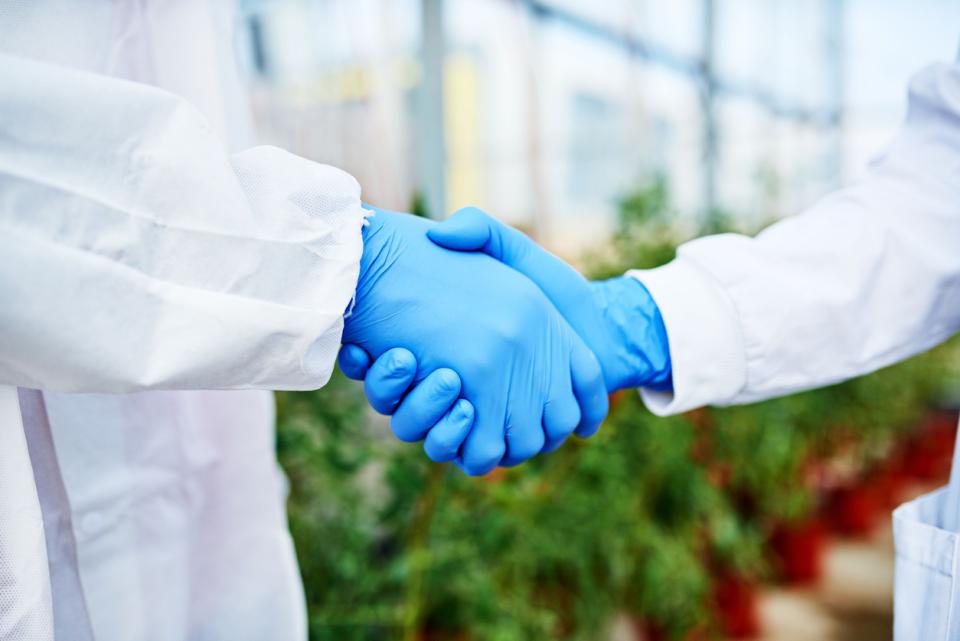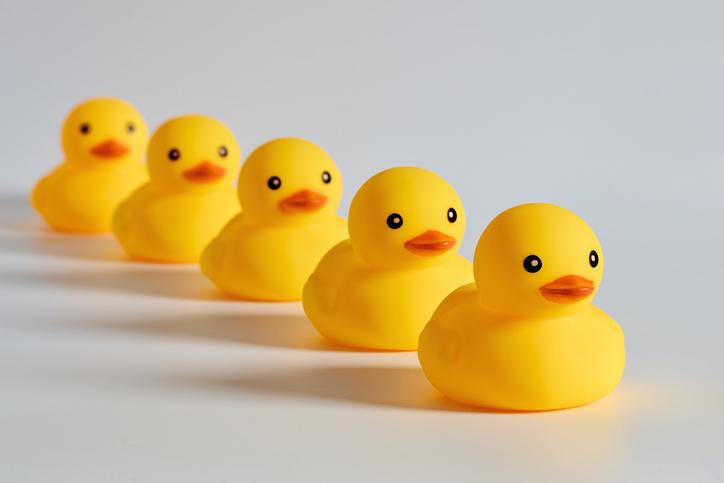Collaboration should be at the core of any international research effort. The success of the Realizing Increased Photosynthetic Efficiency (Ripe) project is the collective expertise and contribution of every team member. The project has been running for more than a decade and the key to our excellence is transparency, openness and trust.
Ripe is an international research project founded in 2012 with the mission to engineer crops to be more productive by improving photosynthesis, the natural process all plants use to convert sunlight into energy and yields. Our hope is that, by equipping smallholder farmers with higher-yielding crops, we can ensure that everyone has access to enough food to lead a healthy, productive life.
The Ripe project is centred around a community of excellence in photosynthesis research, with around 100 researchers coming from five higher education institutions and two government organisations. This makes for truly inspiring and innovative work that has led to the development of new ideas, techniques, infrastructure and skills that have been key in driving the photosynthesis research forward. For example, we test theories and plant genetic tweaks that we’ve developed here at the University of Essex in glasshouses. Once they’re proven in that controlled environment they are tested in field trials at the University of Illinois Urbana-Champaign. This allows us to test the science in various ways, creating a more robust knowledge base and understanding.
A culture based on teamwork
Ripe research leaders were selected not only based on their expertise but also on their willingness to foster collaboration and maintain an open approach within a team. A key part of working together is trust in each other. This applies not only to Ripe leadership, but also to building teams within our own labs and bringing in candidates that fit this mindset. I also believe the Ripe team really enjoys working together – this alone has been a major contributing factor to our success.
- Five ways to motivate and inspire a high-performing team
- Spotlight: skills every research manager needs
- The importance of being a people-first leader – and tips on how to do it
Building trust
When Ripe first began more than a decade ago, one of the most important decisions was that we would work only on our own research objectives. We would collaborate with each other and work together to get the most benefit for the project, but we would not pursue research that was part of another objective outside of Ripe’s mission. This concept is the foundation Ripe was built on and instils a sense of trust that every team member will dedicate their research effort towards their own objective. This approach requires researchers to balance between fostering collaboration and ensuring each individual’s ownership of their contribution, which has led to the success and quality of the exciting scientific discoveries that have come from Ripe.
Even though there might be shared skill sets among us, it is important that we focus on our own deliverables within our areas of expertise. This way we avoid redundancy in our efforts as well as drive an open attitude towards collaboration and exploring possibilities within someone else’s domain when an opportunity arises. This strategy of working within your expertise is practised by leaders at the very top of the project down to each individual lab, where postdocs have their own lines of research.
Open and free communication
Another important aspect of Ripe’s culture is that when we gather as a large team to share our work, we’re all allowed to speak freely. I feel, and have always felt, comfortable speaking up and listened to when I have something to say. The culture in Ripe is to encourage the sharing of ideas so that everyone is allowed space to voice their opinions. This does not apply only to the lead principal investigators but to everyone – postdocs, students and technicians. It is important that everyone feels like they get to be heard and contribute to the conversation, and everyone should have the opportunity to add value.
For the University of Essex, we have achieved remarkable success during the Ripe funding period. The project has allowed us to establish new collaborations, further adding to Essex’s long-standing reputation as a leader in the advancement of photosynthesis research.
For me personally, it has been a privilege to be part of this programme with a mission to provide higher-yielding crops for smallholder farmers in sub-Saharan Africa and South-east Asia, helping the people who need it most. As our collaborative effort now moves to translation into crops, I am looking forward to working more closely with and learning from researchers established in these geographical areas. This goal is important for the team and is a major driver for our research and our willingness to collaborate to get the best results.
Christine Raines is a professor in the School of Life Sciences at the University of Essex.
The University of Essex has been shortlisted for International Collaboration of the Year at the Times Higher Education Awards 2023 #THEAwards. See the full list of shortlisted candidates. Winners will be announced at a ceremony on Thursday 7 December in Liverpool.
Academics and university leaders from across the UK and Ireland will come together that week at THE Campus Live UK&IE to talk about institutional strategies, teaching and learning, the student experience and more. Join us for this two-day event in Liverpool.
If you would like advice and insight from academics and university staff delivered direct to your inbox each week, sign up for the Campus newsletter.




comment